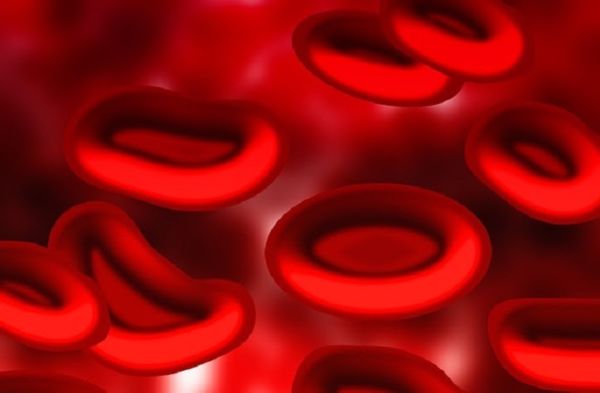Iron deficiency is an extremely widespread health problem that affects many tens of millions of people. It is the most common nutritional deficiency in the world and if left untreated, it can lead to a range of serious health issues, including anemia. Iron is important because it provides the body with the energy it needs to go about daily life. It is important that you understand what iron is, what it does and how to recognize the warning signs that indicate a deficiency.

Why is Iron So Important?
Iron is a mineral found in every cell in the human body. It supplies us with the means to perform a number of important functions, including the the transportation of oxygen within the blood. As part of the protein hemoglobin, it carries oxygen from the lungs to all parts of the body, a process that provides energy for your daily tasks. If you have insufficient iron in your body, you are ly to feel tired, weak and your immune system will suffer so you will be more prone to illness.
It is vital that we keep our levels of iron within healthy limits. Some people may require supplements if their diet is not providing the iron they need. However, it should be noted that too much iron can result in health problems too. For this reason, you should always consult your Doctor before taking supplements.
What Are the Signs of Iron Deficiency?
There are a number of symptoms of iron deficiency and they can all exist in varying degrees of severity. In some people, symptoms can be minor or vague, while in others they can have a big impact on their health. Iron deficiency can be treated and if you think you are suffering from a number of these symptoms – then you should consult your doctor.
1. Fatigue & Exhaustion

Fatigue and general feelings of exhaustion are the most common indicators of iron deficiency. If your body does not have enough iron, it will not be able to transport oxygen to the areas that need it to function. This results in low energy levels that will make you feel tired and physically weak. You may find that you struggle to concentrate on even simple tasks.
2. Pale Skin
Iron supports the production of hemoglobin, which helps oxygenate your blood and provides it with its familiar red coloring, which in turn gives our skin its ‘warm glow’. If you notice that your skin looks more pale than it once did, then it may be a sign of iron deficiency. This is more noticeable if you have a naturally pale complexion, but whatever your skin tone, there are steps you can take to check for symptoms. If the inside of your gums, lips and the area underneath the skin of your lower eyelids are less red than usual, low iron levels could be to blame.
3. Frequent Headaches
As a lack of iron results in less oxygen being transferred to the far reaches of your body, your brain may not receive the levels it needs to complete its complex tasks. This can result in headaches and migraines. People who have an iron deficiency are much more prone to headaches than those who have sufficient amounts of iron in their body, so if you suffer frequently, it could be an indication of low iron levels.
4. A Swollen or Sore Tongue

Your skin is not the only part of your body that can show signs of iron deficiency. If you are suffering from low iron, your tongue can lack color and may swell. It can also take an oddly smooth texture and may feel more tender and sensitive than it usually would. Look out for signs of inflammation and discoloring as iron supports red blood cell production which in turns helps your muscles function. Your tongue is a muscle you can actually examine for yourself, so it can provide you with useful clues about your body’s iron levels.

